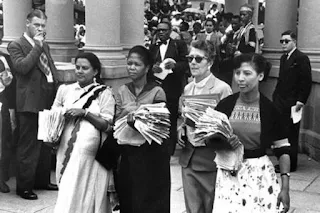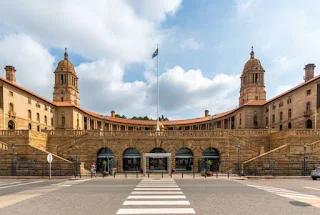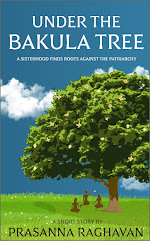9 August Women's Day in South Africa.
Today, 9 August 2024, is National Women's Day in South Africa. It celebrates Women. August is National Women's Month here. It commemorates the historic Women's March in 1956. The Day's message to the world is that your success depends on not fighting in separate worlds but resolving the differences and unifying. This is also my happiness message to all women around the globe.
 |
| 1956 Women's March: photo courtesy- of- SA history- website |
Now, the question is, why does South Africa celebrate women separately? Before South Africa became an independent nation in 1994, it celebrated 8 March as International Women's Day.
What happened on 9 August 1956?
It was implemented through laws like pass laws. In 1952, it passed the Native Laws Amendment Act to legally restrict the Black women's movement by introducing the Passes and Permits. The implementation waited until 1954 for the Passes and 1956 for the Permits. And the laws made Black women suffer the most.
What is the Federation of South African Women (FEDSAW)
Women of all races-Black, White, Indian, and Coloured got together. They organised a platform to work together: The Federation of South African Women (FEDSAW or FSAW). Its purpose was to protest the Passes and Permits and other discriminative practices.
Its founding conference was attended by 156 delegates, representing 230,000 women. Its constitutional objectives were "to secure full equality of opportunity for all women, regardless of race, colour or creed; to remove social, legal and economic disabilities; to work for the protection of the women and children."
In this first conference, they drafted the Women's Charter. Through this, the women made their demands, among other objectives.
Their demands were:
- enfranchisement of men and women of all races
- equality of opportunity in employment;
- equal pay for equal work
- equal rights concerning property, marriage and children, and
- removal of all laws and customs that denied women such equality
 |
| 1956 women's march |
A few other demands were:
- The 'tribal law' of the pre-industrial society that put African women as 'perpetual minors 'under the permanent tutelage of their male guardians' should be abolished.
- Men cannot think of being liberated from the evils and injustices 'unless they extend to women complete and unqualified equality in law and practice.'
- No one section of the people or the entire nation achieves freedom if the women remain in bondage.
The Republic of South Africa in 1994.
South Africa became independent and a republic in 1994. It abolished all apartheid laws and established its own constitution, and the political party, the African National Congress (ANC), came into power. All demands made by the FEDSAW were incorporated into the ANC's Freedom Charter, which was a guiding document in forming the South African Constitution.
2024 Women's Day Celebration in South Africa
The 2024 Women's Day celebration theme in South Africa is: "Celebrating 30 years of democracy towards Women's Development."
After 30 years of independence, women here still struggle with issues of equality in employment, salary, and gender matters.
Listen to the 2024 Women's Month message delivered by the vice-chancellor of the University of Johannesburg, Prof. Letlhokwa Mpedi.
Conclusion
What are South African women’s achievements after the historic march in 1956, and what challenges do they face in 2024, 30 years after independence
I celebrate the Day by writing this post and then cooking some dishes. I wish women all over the world happiness and celebrations.
Women of the world, your success depends on not fighting in separate sections but resolving the differences and unifying. This is my happiness message to all women around the globe.
 |
| A collage of Women's Day celebration |
And what is a National Women's Day celebration without food and friends?








2 comments
B lated Happy Women's Day!
ReplyDeleteThose definitely were the women of courage and resolve. A salute to those unsung heroines (not heroes). or I should say 'SheRose"! The world need smore of their tribe.
Indeed, the world needs such brave women who set the clear stage for the women in the present and the comming generations. Thank you for the appreciation:)
ReplyDeletePost a Comment